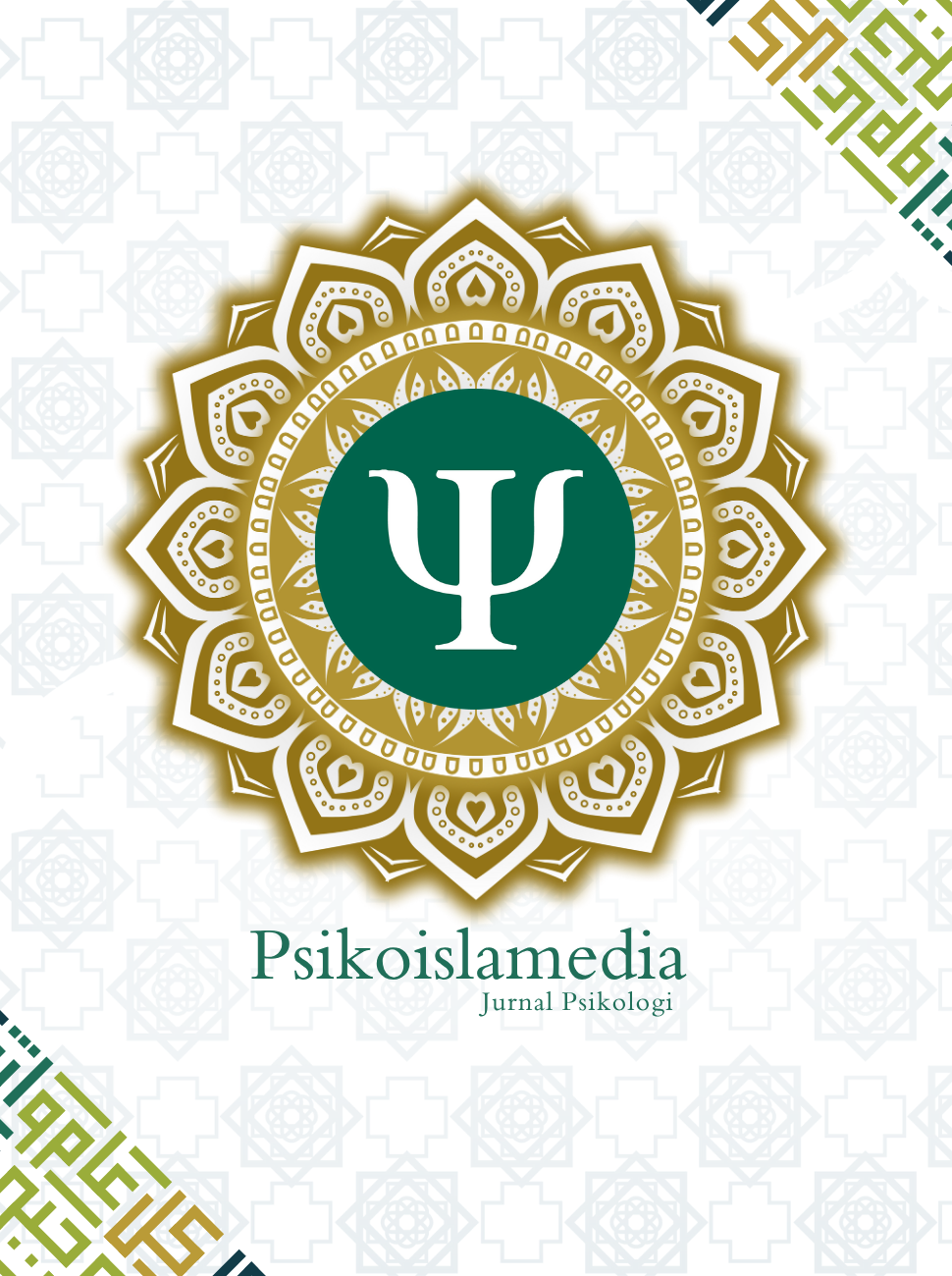Generation Z and Doom Spending: A Predictor Analysis Hedonic Shopping Motivation and Fomo Towards Impulsive Buying in The Digital Era
DOI:
https://doi.org/10.22373/psikoislamedia.v10i2.32032Abstract
Generation Z tends to impulsively due to the influence of social media, digital advertising, and lifestyle pressures. This phenomenon is known as doom spending, which is consumptive behavior triggered by anxiety, pessimism about the future, and negative emotional impulses. Factors contributing to this behavior include hedonic shopping motivation and Fear of Missing Out (FoMO). This study aims to analyze the influence of hedonistic motivation and FoMO on impulsive purchasing. The method used is quantitative with an associative causal design. The research subjects are Generation Z (born between 1997 and 2012), comprising 204 participants selected using Cohen's formula and collected via Google Forms. The instruments used were the Impulse Buying Tendency Scale, the Hedonic Shopping Motivations Scale, and the Fear of Missing Out Scale. Data analysis was conducted using SPSS 26.0 with multiple linear regression tests. The results of the study indicate that hedonistic motivation and FoMO significantly influence impulsive purchasing, contributing 55.7%.
Keywords: Doom Spending, FoMO, Generation Z, Hedonic Shopping Motivation, Impulsive Buying
Downloads
Published
Issue
Section
License
Copyright (c) 2025 Azzahra Darojatu Rafiah, Nita Rohayati, Anggun Pertiwi

This work is licensed under a Creative Commons Attribution-ShareAlike 4.0 International License.
Authors who publish in this Journal agree to the following terms:
- Authors retain copyright and grant the journal right of first publication with the work simultaneously licensed under Attribution-ShareAlike 4.0 International (CC BY-SA 4.0) allows others to share the work with an acknowledgment of the work's authorship and initial publication in this journal.
- Authors are able to enter into separate, additional contractual arrangements for the non-exclusive distribution of the journal's published version of the work (e.g., post it to an institutional repository or publish it in a book), with an acknowledgment of its initial publication in this journal.
- Authors are permitted and encouraged to post their work online (e.g., in institutional repositories or on their website) prior to and during the submission process, as it can lead to productive exchanges, as well as earlier and greater citation of published work. (See The Effect of Open Acces)














